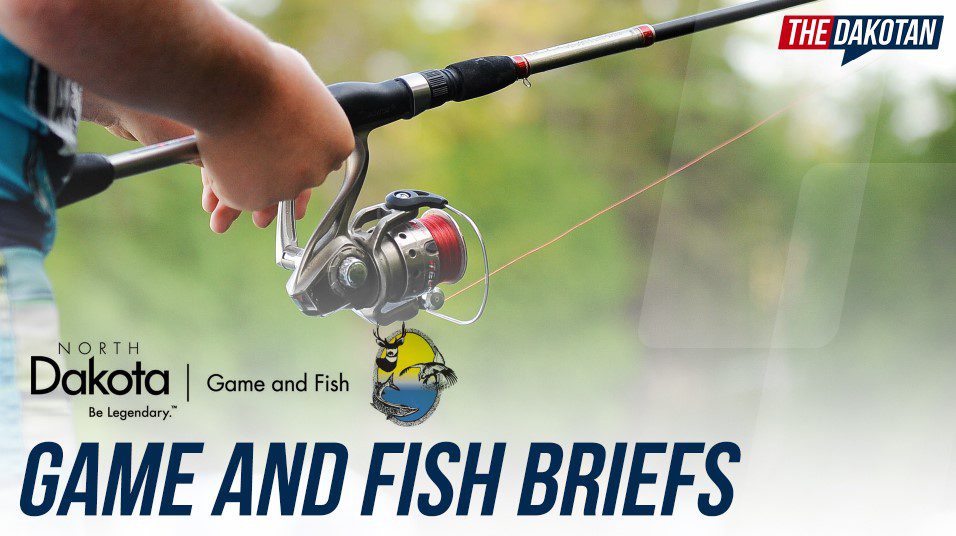

North Dakota’s two-day youth pheasant season Oct. 1-2 is a great opportunity to introduce a new hunter to the outdoors with limited competition.
That’s when legally licensed residents and nonresidents 15 and younger can hunt rooster pheasants statewide. An adult at least 18 must accompany the youth hunter in the field. The adult may not carry a firearm.
Resident youth hunters must possess a fishing, hunting and furbearer certificate and general game and habitat license. Nonresident youth hunters from states that provide a reciprocal licensing agreement for North Dakota residents qualify for North Dakota resident licenses. Otherwise, nonresident youth hunters must purchase a nonresident small game license.
Hunters 12 and older need to have passed a certified hunter education course or obtain an apprentice hunter validation, which allows an individual to hunt small game for one license year without completing hunter education.
The daily bag limit and all other regulations for the regular pheasant season apply. See the North Dakota 2022-23 Hunting and Trapping Guide for additional information.
PLOTS Regulations
Hunting small game, waterfowl, furbearers or big game by nonresidents is prohibited by state law on Private Land Open To Sportsmen acreage and state wildlife management areas from Oct. 8-14, the first seven days of the pheasant season. However, nonresidents can hunt on PLOTS land they own during that week.
In addition, leaving equipment on PLOTS overnight, such as tree stands, blinds, decoys, firearms, archery equipment, or trail cameras, is not allowed without written permission from the landowner.
Permission from the landowner is always required for motorized vehicle access on PLOTS, such as for setting decoys in a field, unless specifically designated on the PLOTS sign.
Motorists Watch for Deer
Motorists should watch for deer along roadways this time of year as juvenile animals disperse from their home ranges.
October through early December is the peak period for deer-vehicle accidents. Motorists are advised to slow down and exercise caution after dark to reduce the likelihood of encounters with deer. Most deer-vehicle accidents occur primarily at dawn and dusk when deer are most often moving around.
Motorists should be aware of warning signs signaling deer are in the area. When you see one deer cross the road, look for a second or third deer to follow. Also, pay attention on roadways posted with Deer Crossing Area caution signs.
Deer-vehicle accidents are at times unavoidable. If an accident does happen, law enforcement authorities do not have to be notified if only the vehicle is damaged. However, if the accident involves personal injury or other property damage, then it must be reported.
In addition, a permit is required before taking possession of road-killed deer. Permits are free and available from game wardens and local law enforcement.
A few precautions can minimize chances of injury or property damage in a deer-vehicle crash:
If you spot deer ahead, slow down immediately and honk your horn.